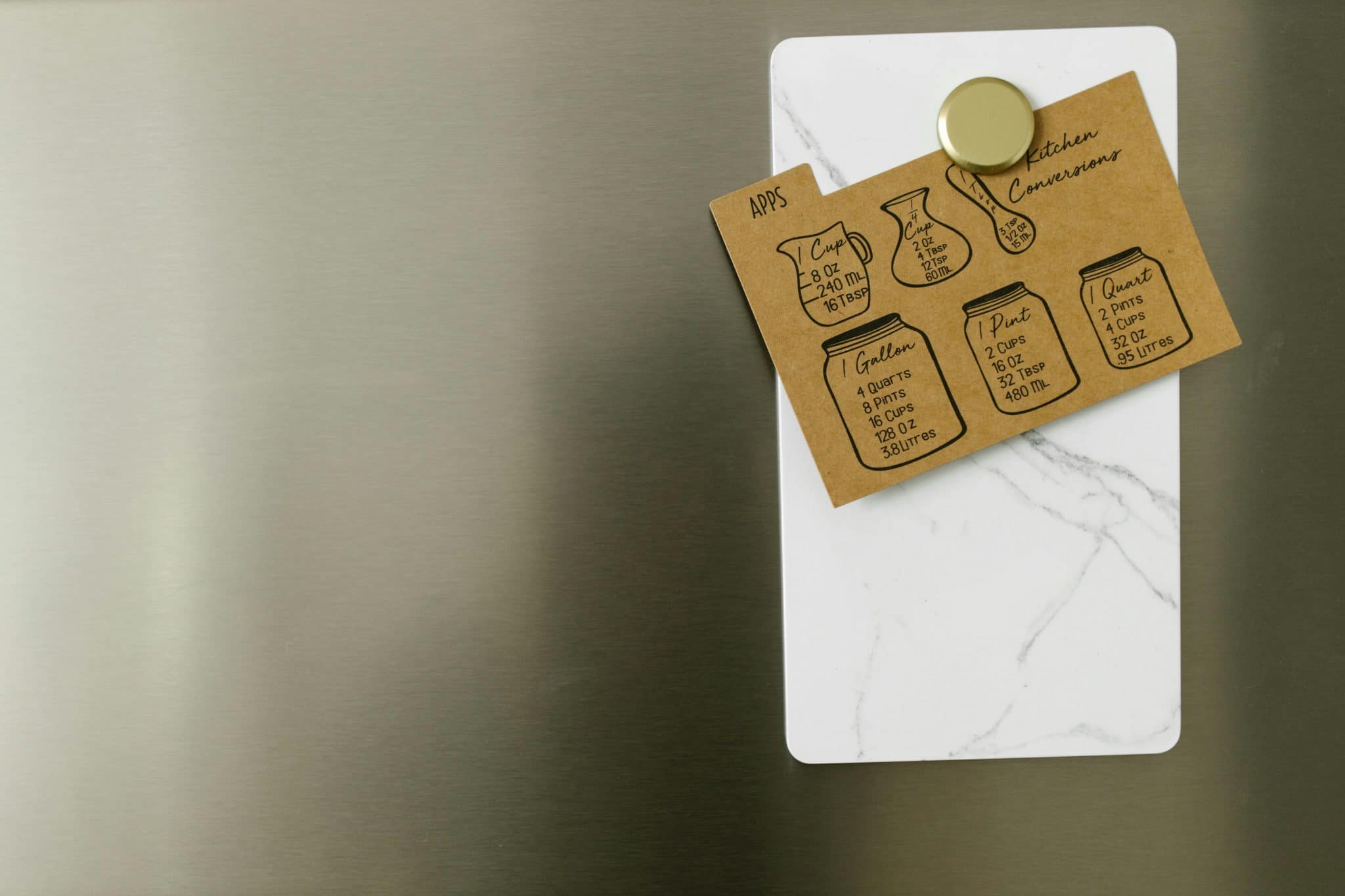Kitchen Renovation Permits: Legal Requirements for Cooking Space Modifications
Kitchen renovations are one of the most popular home improvement projects among homeowners. Whether it’s a minor upgrade or a major overhaul, kitchen renovations can add value and functionality to your home. However, before you start tearing down walls and installing new appliances, it’s important to be aware of the legal requirements for cooking space modifications. In this article, we’ll discuss the necessary permits for kitchen renovations and why they are crucial for a successful project.
The Importance of Permits for Kitchen Renovations
Kitchen renovations often involve significant changes to the plumbing, electrical, and structural components of a home. Without the proper permits, these modifications can pose serious risks to the safety and integrity of your home. Permits serve as a safeguard, ensuring that renovations are done correctly and in compliance with building codes. They also protect you from potential liability, as any unpermitted work can result in fines and complications when it comes time to sell your home.
Permits for Electrical Work
Electrical work is a crucial aspect of kitchen renovations, as it involves installing new outlets, lighting fixtures, and appliances. Depending on the scope of your project, you may need to obtain an electrical permit. This permit is typically required for any modifications to the existing electrical system, as well as for any new installations. An electrical permit ensures that the work is performed by a licensed electrician and meets safety standards set by the National Electric Code.
Plumbing Permits
Similar to electrical work, any changes to the plumbing in your kitchen will require a plumbing permit. This includes moving or adding new water lines, installing a new sink, or connecting appliances like a dishwasher or refrigerator with a water supply. A plumbing permit guarantees that the work is carried out by a licensed plumber and meets local plumbing codes. This is especially important for kitchen renovations, as any issues with the plumbing can potentially lead to water damage and expensive repairs.
Structural Permits
If your kitchen renovation involves any structural changes, such as removing a wall or adding a new one, you will need to obtain a structural permit. This permit is necessary to ensure that the changes are structurally sound and compliant with local building codes. It also ensures that any load-bearing walls are not being removed, which can compromise the structure of your home. Obtaining a structural permit often requires the approval of an engineer or architect, as they will need to assess the impact of the proposed changes.
Ongoing Inspections
In addition to obtaining the necessary permits, kitchen renovations also require ongoing inspections during the construction process. These inspections ensure that the work is being done according to the approved plans and meets all safety and building code requirements. The number of inspections needed will depend on the complexity of your project, but they typically occur after major milestones, such as electrical or plumbing rough-ins and before the final inspection.
How to Obtain Permits for Kitchen Renovations
The process of obtaining permits for kitchen renovations can vary depending on your location. In most cases, you will need to submit detailed plans and specifications of your project to your local building department for review. These plans should include all proposed changes and be drawn to scale. Once the plans are approved, you will need to pay the necessary permit fees before any work can begin. It’s important to note that permits can take several weeks to be approved, so it’s best to start the process early to avoid delays in your project.
In Conclusion
Kitchen renovations can transform your cooking space, but it’s crucial to understand and comply with the legal requirements for these modifications. Permits for electrical, plumbing, and structural work are necessary to ensure safety, compliance, and protection from liability. Working with a qualified contractor and obtaining the necessary permits will help ensure a successful and stress-free kitchen renovation project.
Remember, kitchen renovation permits are not just red tape or an added expense – they play a vital role in the safety and success of your project. So before you start knocking down walls and buying new appliances, make sure to do your due diligence and obtain the necessary permits for a truly remarkable and legal cooking space.










